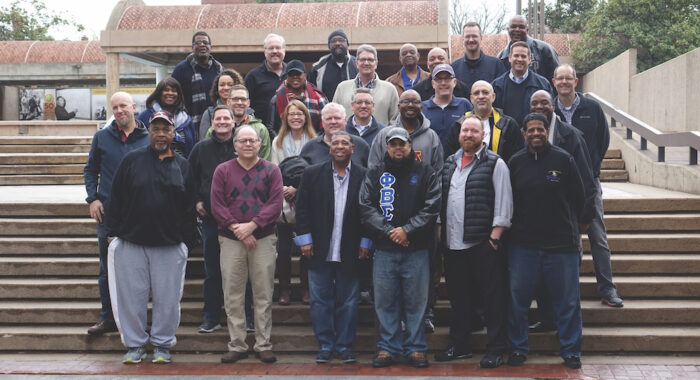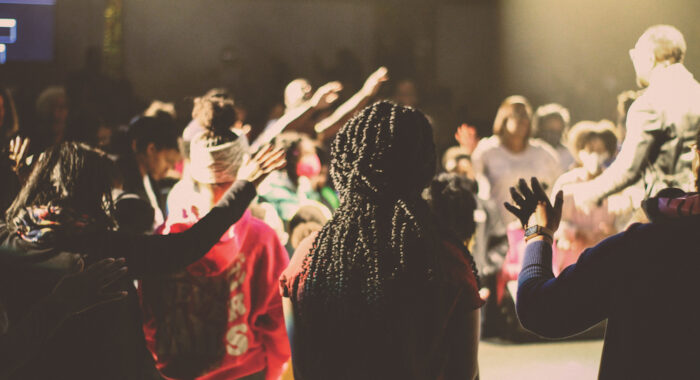I grew up in a Spanish speaking church where it was common to hear the phrase: En la unión está la fuerza (In unity there is strength). For the longest time, I thought this was a Bible verse. Picture my surprise when a caller, asked this question on a live radio show. I was co-hosting and I publicly shared my overly confident response: “Of course, it is a Bible verse!” I searched the Bible to no avail. You can’t imagine the embarrassment.
If I had to trace it back to a particular passage, I would lean on Ecclesiastes 4:9: “Más valen dos que uno, porque obtienen más fruto de su esfuerzo” (“Two are better than one, because they have a good return for their labor”). This message was regularly preached at my church to remind us of the mutual blessings and unbreakable strength in the togetherness of unity. Togetherness was our theology of the unity of the Church.
Threats to Unity
Today, our togetherness as the Church has been threatened. We are challenged to build a community of belonging while being apart. Our day-to-day routines are emotionally, physically and spiritually exhausting. Church gatherings once nurtured relationships and partaking of the sacraments fostered togetherness. Now, we must learn to practice unity when we can no longer come to the same table to receive the body and bread. It is not surprising that we are confused about our unión. The lack of deep connectivity quickly infringes upon our ability to engage in critical conversations especially during chaotic times. We are left relationally distanced within a fractured community and perhaps even at odds with
each other.
What must we do differently? What if a theology of unity is less about being in the same room or having the same views and more about making space for each other and remaining together, despite our disagreements?
Oneness, Not Sameness
1 Corinthians 12:12–27 calls us to be one body with many different parts. It reminds us that togetherness is oneness, not sameness. A theology of the unity of the Church understands that unity does not mean homogeneity. God is diverse, and brings us together from different parts of the world. He knows our political views and cultural values may be different, and still calls us to belong to the Body.
We must also recognize that a theology of the unity of the Church is not void of disagreements. It’s about togetherness in disagreement. Despite our differences, we adopt a posture of humility and gentleness while pursuing the unity of the Spirit in peace (Ephesians 4). We must be willing to stand firm on our convictions without judging or treating others with contempt. When togetherness is our goal, even when we disagree, we choose to genuinely care for one another, and we do so for the primary reason that God is love and God’s love is on display through our oneness.
It still isn’t a Bible verse but en la unión está la fuerza reminds us we cannot address the political, social, ethical, racial and ecclesial divides apart from each other. In unity there is strength because to bridge the odds that work against the Church two are better than one. A theology of the unity of the Church demands the practice of togetherness in ways that bind us to one another not only when we are physically together but especially when we are apart.
Joanne Solis-Walker is associate dean and professor at Candler School of Theology at Emory University. She previously served as associate professor of practical theology and was a special assistant to the president on diversity at Northwest Nazarene University. Solis-Walker is a practical theologian with extensive experience in leadership, global missions and pastoral ministry. She is a visionary builder who has served in Christian higher education, innovating theological programs contextualized to serve diverse communities in Spanish and English. Solis-Walker earned her Ph.D. in organizational leadership and development with an emphasis on ecclesial leadership from Regent University. She also received her M.Div. from Asbury Theological Seminary.




 View All Articles
View All Articles 





























